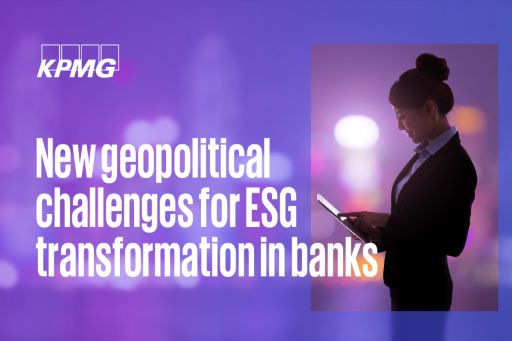In the context of ESG transformation (environmental, social, governance), the greatest attention is being paid at the moment to the goal of climate neutrality. Other “E” aspects, such as biodiversity, conserving forests and woodlands or combatting ocean acidification, are only slowly attracting more notice. The same is true for “S” and “G” aspects. It can be expected that interest in these aspects will soon increase considerably as a result of the development of corporate social responsibility reporting obligations and a general public that is becoming increasingly sensitive to ESG issues.
Studies have shown that a euro invested in green transformation generates more growth than one that is invested in other areas. ESG transformation is therefore not only an ecological necessity, it is also a growth story – both for the real economy and for the financial sector. Which impacts, however, will the Ukraine war and the accompanying turning point have on the progress of ESG transformation? And what new challenges and courses of action will result from this for banks in Germany?
Russia's invasion of Ukraine is hitting Germany's banks in the middle of a phase of realignment. This Whitepaper sheds light on the implications for the ESG agenda of financial institutions and highlight risks and opportunities.
Russia's attack on Ukraine represents a new geostrategic challenge for banks and, particularly, for the mega topic of ESG transformation. Both accelerating and cost-driving trends are evident, which will soon also have an impact on the risk scenarios that banks have to take into account, as well as on the range of services they offer. The 10-point action plan outlines the measures that banks must now quickly address in order to manage and expand their business, optimise systems and processes, and reduce non-financial risks.

